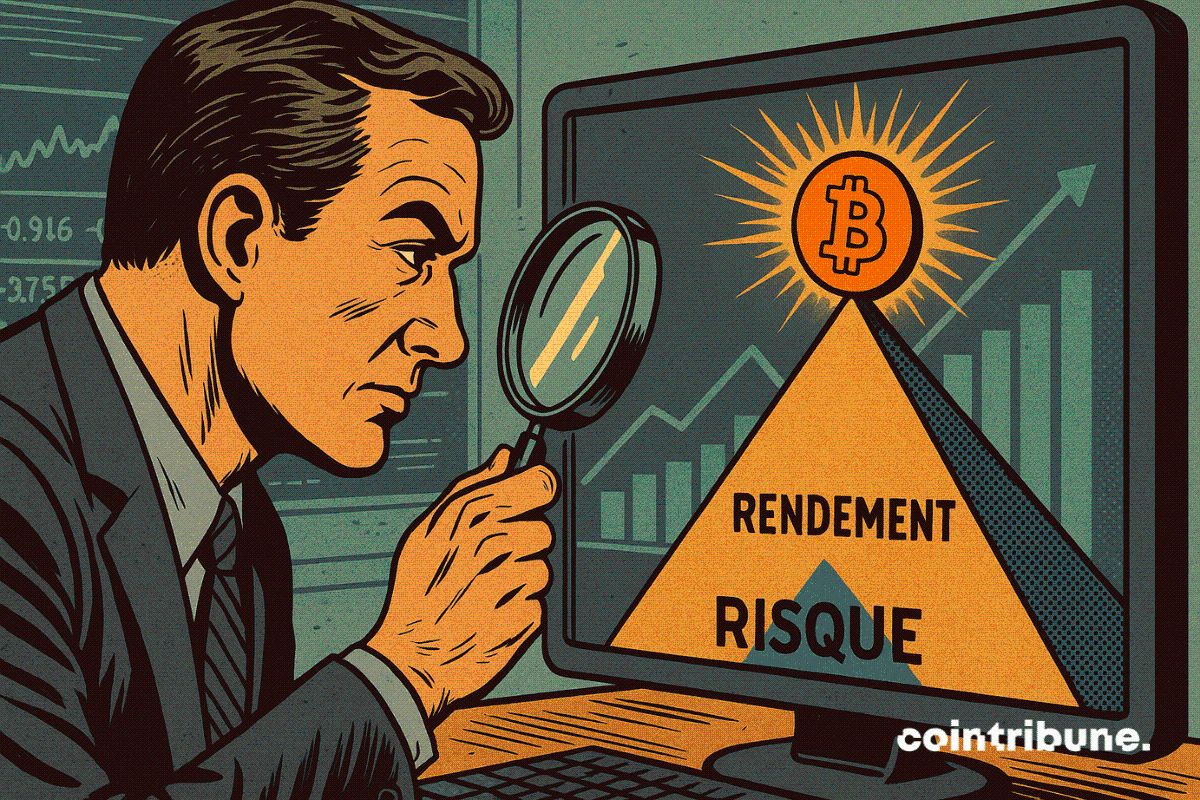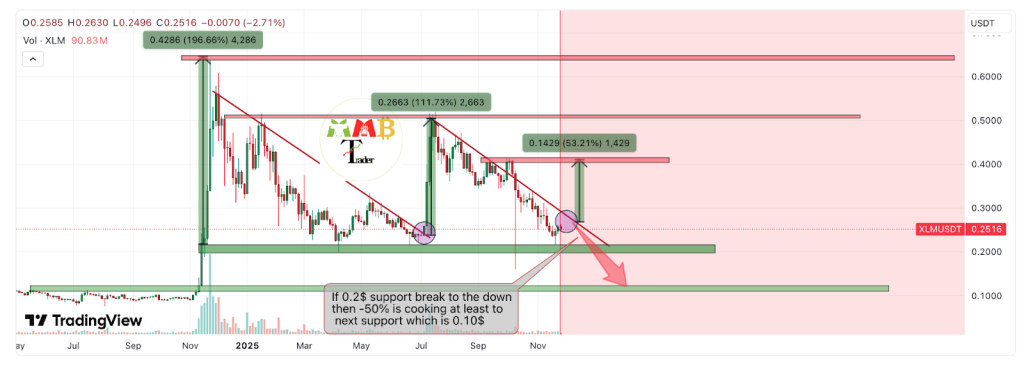Reeves: DeFi’s Openness Will Outlast Regulatory Walls
- Fold CEO Will Reeves asserts DeFi will outlast regulatory attempts to impose biometric checks and TradFi compliance measures. - He warns such controls risk undermining DeFi's open, permissionless nature and could backfire like past internet regulation failures. - Reeves highlights growing pressure from legacy institutions to favor centralized systems over decentralized platforms through policies like ETFs. - Critics argue KYC/AML mandates would erode DeFi's privacy and censorship resistance, making it in
Fold CEO Will Reeves has expressed confidence that decentralized finance (DeFi) will endure efforts by governments and financial institutions to impose traditional regulatory frameworks that aim to control or restrict access to the space. Reeves, co-founder of the Bitcoin rewards platform Fold, argues that attempts to embed biometric identity checks and other legacy financial (TradFi) compliance measures into DeFi smart contracts are not only impractical but also likely to backfire. He likened these regulatory pressures to past attempts to control the spread of information on the internet, which ultimately failed to suppress innovation and adaptation [2].
Reeves highlighted that regulatory proposals, including those outlined in the White House’s Strengthening American Leadership in Digital Financial Technology report, could stifle the open and permissionless nature of DeFi. These proposals aim to integrate identity verification into DeFi protocols, but critics argue such measures undermine the foundational principles of decentralization and financial sovereignty. Reeves emphasized that while these regulations may delay progress, they will ultimately be outpaced by the adaptability and resilience of the DeFi ecosystem [2].
The regulatory landscape for DeFi is evolving rapidly, with governments and traditional financial institutions increasingly pushing for stricter oversight. Reeves noted that legacy financial actors are leveraging their influence to advocate for policies that favor permissioned systems, such as exchange-traded funds (ETFs), over open DeFi platforms. This shift could create a financial ecosystem where centralized entities dominate, offering benefits such as the use of crypto as collateral while reducing the appeal of holding digital assets directly [2].
Despite these pressures, Reeves remains optimistic about DeFi’s long-term prospects. He stressed that protecting open-source developers from legal liability is essential to ensuring the survival of permissionless financial protocols. As DeFi projects continue to innovate and integrate compliance tools where feasible, the core values of transparency, censorship resistance, and global accessibility remain intact. These characteristics make DeFi an attractive alternative to traditional finance, especially in regions where access to banking services is limited [2].
Industry analysts and privacy advocates have also raised concerns about the broader implications of imposing Know-Your-Customer (KYC) and Anti-Money-Laundering (AML) requirements on DeFi platforms. These measures could lead to increased financial surveillance and erode the privacy that many users seek in decentralized systems. Critics argue that embedding such requirements into DeFi protocols would make them indistinguishable from the legacy financial systems they aim to disrupt, undermining their core purpose [2].
While regulatory efforts continue to shape the DeFi landscape, the technology’s adaptability and global appeal suggest that it will persist and evolve. Reeves concluded that although governments and traditional institutions may attempt to control or restrict DeFi, the fundamental principles of openness and decentralization will continue to attract developers and users worldwide. As the industry navigates this regulatory landscape, it is likely to find a balance between compliance and innovation, ensuring DeFi’s continued role in the global financial ecosystem [2].
Source:

Disclaimer: The content of this article solely reflects the author's opinion and does not represent the platform in any capacity. This article is not intended to serve as a reference for making investment decisions.
You may also like
Stacks Nakamoto Upgrade
STX has never missed out on market speculation surrounding the BTC ecosystem, but previous hype was more like "castles in the air" without a solid foundation. After the Nakamoto upgrade, Stacks will provide the market with higher expectations through improved performance and sBTC.

Do Kwon Wants Lighter Sentence After Admitting Guilt

Bitwise Expert Sees Best Risk-Reward Since COVID

Stellar (XLM) Price Prediction: Can Bulls Push Toward $0.30 in December?
